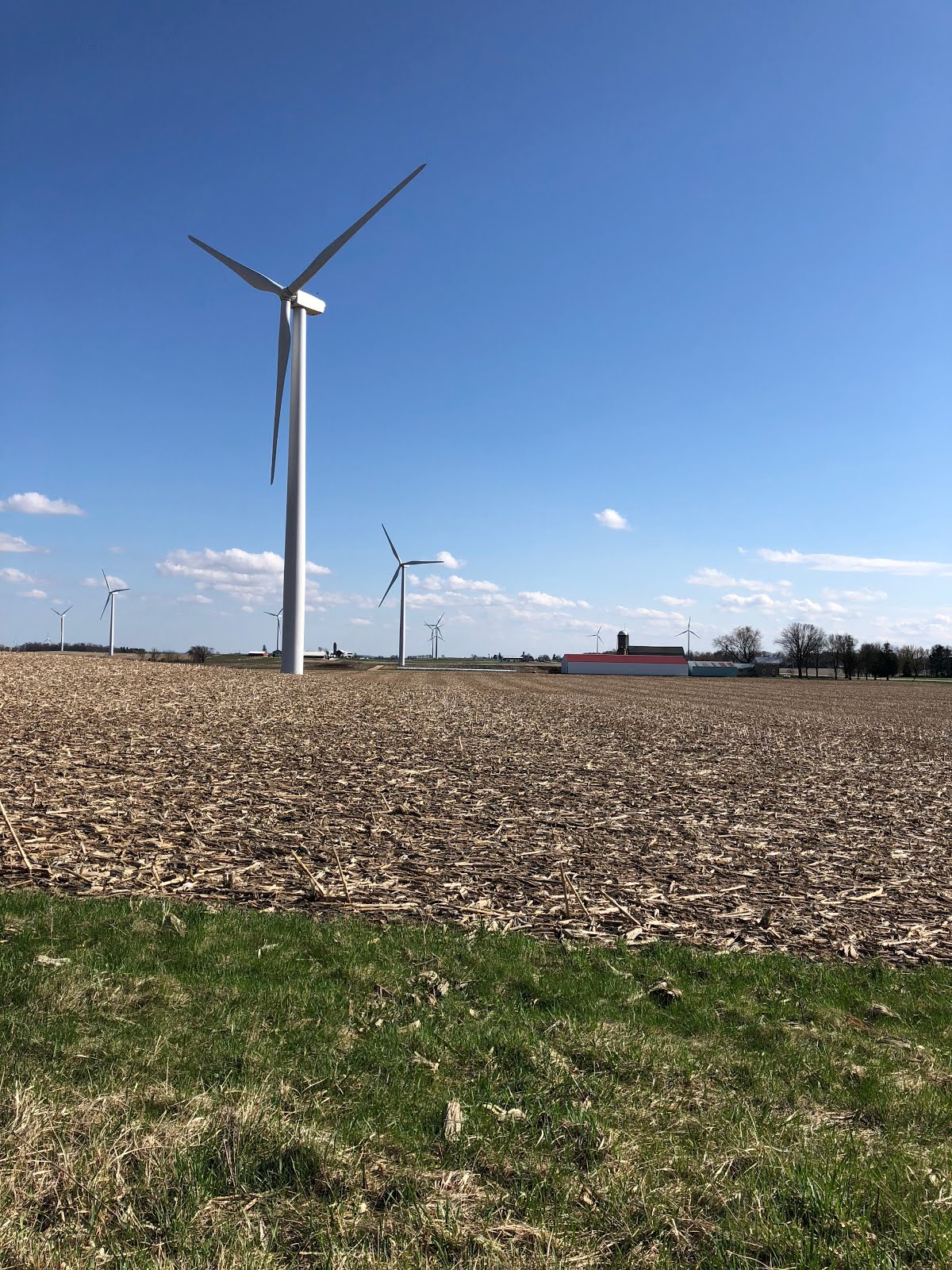Fragmented Public Planning And Disconnected Action Benefits No One
The Journal Sentinel argues in a Friday editorial that the New Berlin - - Milwaukee water agreement should be signed, and that related matters, like affordable housing and transit, while important, should be handled separately.
This is the crux of the regional planning deficit that holds back inclusive development in the region: issues are addressed piecemeal, without coordination, and the results reflect it.
For example, the Southeastern Wisconsin Regional Planning Commission (SEWRPC) has moved forward a freeway expansion plan for the surrounding seven counties that has no transit elements in it.
The planning commission's water supply study is not looking at the relationship of water and growth to housing needs and transit options.
The planning commission has not produced a housing study for the region since 1975.
And Milwaukee County's transit system, against national trends, is losing riders.
What's been allowed is a crazy-quilt of sprawl development beyond Milwaukee, itself land-locked by a special state law, that has created water demand and road-building, without regard for consequences as varied as air quality to employment opportunities.
That's why we find today that Milwaukee workers cannot easily get to new jobs in the area where New Berlin wants Lake Michigan water because there is no direct bus service from Milwaukee to the New Berlin Industrial Park.
That ended in 2004.
And the New Berlin area that is get Lake Michigan water is also projected to see more than 1,100 new housing units built - - but without an already-identified affordable housing component.
All this piecemeal and disconnected planning (it's almost unfair to planners to call it planning) and anecdotal governmental action is not wasteful of public dollars and resources.
It's also not sustainable - - especially as gasoline escalates in price.
Isn't this the right moment for the community as a whole, as a region, to stop and ask: What Are We Doing? Isn't There Another Way?
These issues are not too complex to be addressed simultaneously, as the newspaper suggests is the case. They are, in fact, at the heart of Smart Growth, something the newspaper has correctly endorsed.
There is time to make the Milwaukee - - New Berlin water deal more of a comprehensive arrangement.
Failing to do it will be yet another missed opportunity, one that will replicate itself when the larger diversion proposals come in from communities west of New Berlin.
A final thought:
Strong direction and leadership by the state about the proper framework for inter-community water deals now permissible under the Great Lakes Compact, with input from both the Public Service Commission and Department of Natural Resources, could still provide some needed guidance and further rationalize this process.









No comments:
Post a Comment